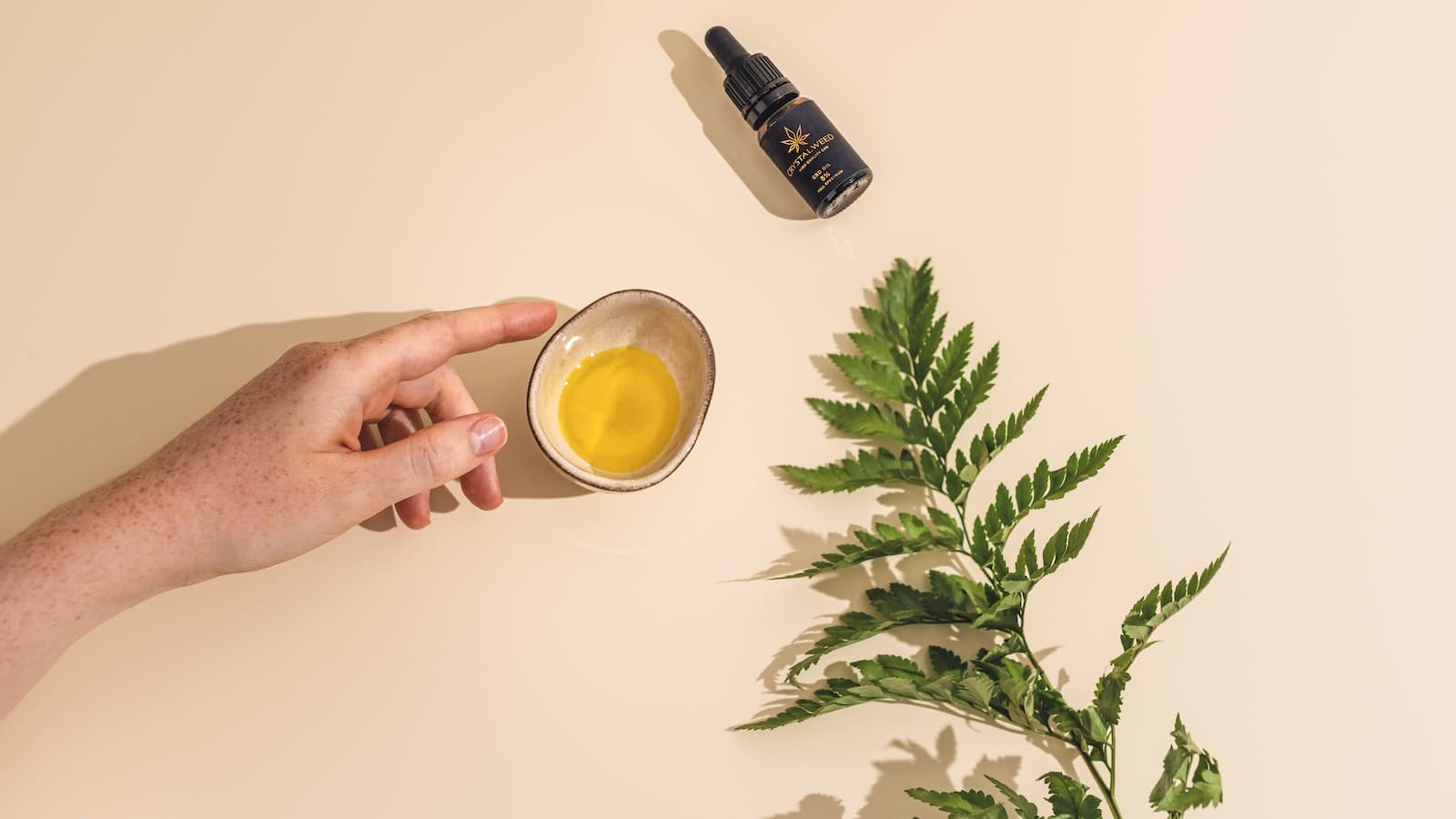What is essential oil?

Essential oils have been a topic of discussion for quite some time now. Whether it is the therapeutic benefits or the pleasant aroma, essential oils are widely used in today's world. However, not everyone is familiar with these oils, their properties, or their uses. In this article, we'll go over everything you need to know about essential oils, including their definition, extraction methods, uses, benefits, and safety concerns.
1. What are essential oils?
Essential oils are highly concentrated oils derived from plants. They are obtained by steam distillation or cold pressing of the plant material such as leaves, flowers, bark, stems, and roots. These oils contain the natural scent and flavor of the plant they are derived from, making them highly aromatic.
2. History of essential oils
The use of essential oils dates back to ancient times. Egyptians used essential oils in their religious rituals, while the Greeks used them for medicinal purposes. In the Middle Ages, essential oils were used for perfumes and fragrances. The modern use of essential oils can be traced back to the early 20th century when French chemist Rene-Maurice Gattefosse coined the term "aromatherapy" and discovered the healing properties of lavender oil.
3. How are essential oils extracted?
Essential oils are extracted from plant materials using different methods, such as steam distillation, cold pressing, solvent extraction, and CO2 extraction. The method used depends on the type of plant and the properties of the oil required. Steam distillation is the most common method used to extract essential oils.
4. What are the uses of essential oils?
Essential oils have a wide range of uses, including aromatherapy, skincare, hair care, pain relief, relaxation, cleaning, insect repellent, and cooking. They can be used in different ways, such as in diffusers, massage oils, bath salts, skincare products, and cleaning products.
5. Benefits of essential oils
Essential oils have various benefits, depending on the type of oil and its properties. Some of the benefits of essential oils include stress relief, improved sleep, pain relief, improved digestion, and enhanced focus and concentration.
6. Essential oils for aromatherapy
Aromatherapy is the use of essential oils for therapeutic purposes. Essential oils are inhaled or applied topically to stimulate the senses, promote relaxation, and improve overall well-being. Some of the essential oils used in aromatherapy include lavender, peppermint, eucalyptus, and tea tree oil.
7. Essential oils for skincare
Essential oils have been used in skincare products for centuries due to their natural antibacterial and anti-inflammatory properties. They are used in various skincare products such as cleansers, toners, and moisturizers. Some of the essential oils used in skincare include rose, chamomile, and frankincense oil.
8. Essential oils for hair care
Essential oils are also used in hair care products due to their nourishing properties. They are used to promote healthy hair growth, prevent dandruff, and improve scalp health. Some of the essential oils used in hair care include peppermint, lavender, and rosemary oil.
9. Essential oils for pain relief
Essential oils are also used to relieve pain and inflammation. They can be applied topically or inhaled to provide relief from headaches, muscle pain, and joint pain. Some of the essential oils used for pain relief include peppermint, lavender, and eucalyptus oil.
10. Essential oils for relaxation
Essential oils are commonly used for relaxation and stress relief. They can be used in diffusers or added to bath salts to promote relaxation and calmness. Some of the essential oils used for relaxation include lavender, bergamot, and chamomile oil.
11. Essential oils for cleaning
Essential oils can also be used for cleaning due to their natural antimicrobial properties. They are used in various cleaning products to kill bacteria and viruses while leaving a pleasant scent. Some of the essential oils used for cleaning include lemon, tea tree, and peppermint oil.
12. Essential oils for insect repellent
Essential oils are also used as insect repellents due to their natural properties that repel insects. They can be used in sprays or diffusers to keep insects away without the use of harmful chemicals. Some of the essential oils used for insect repellent include citronella, lemongrass, and lavender oil.
13. Essential oils for cooking
Essential oils can also be used in cooking to add flavor and aroma to dishes. However, it is essential to use food-grade essential oils and use them sparingly, as they are highly concentrated. Some of the essential oils used in cooking include lemon, peppermint, and ginger oil.
14. Safety concerns when using essential oils
Although essential oils are natural and safe when used correctly, they can be harmful if used incorrectly or in excessive amounts. Some essential oils can cause skin irritation, allergic reactions, or respiratory problems. It is crucial to dilute essential oils and use them in moderation.
15. Conclusion
Essential oils have a wide range of uses and benefits, from aromatherapy to skincare, hair care, pain relief, relaxation, cleaning, insect repellent, and cooking. However, it is essential to use them safely and in moderation to avoid any adverse effects.